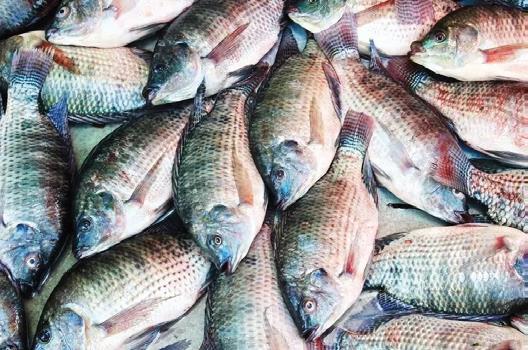The past several years have seen remarkable development in the area of fish immunology. Worldwide, fish culture is on the rise, with the treatment of fish diseases becoming increasingly important. Thus, aided by industry, farmers are constantly trying to improve their understanding of these complex vertebrates’ complicated immune systems and the fundamental triggers of immunity in farmed fish.
We tend to find huge immune system varieties among different fish species. They are poikilothermic in nature too, meaning that their internal temperature varies considerably, and so water temperature plays an important role in the efficiency of their immune systems.
Each species has its own optimal temperature range that, in a way, safeguards the fish against potential diseases. Nevertheless, water is more likely to host pathogens than air, making fish farming very complex. The immune systems of fish are unique in having two main functions: They can block physical attacks by using different skin layers and even their scales and they can manage internal pathogens by recognising and responding to antigens.
Being able to use scales and different skin layers – the dermis and the epidermis – is a powerful defence mechanism as it prevents physical injury and contact with diseased organisms in the environment. Fishes further improve their defences by producing mucus that covers most of their body and contains bactericides and fungicides. The mucus is constantly renewed to prevent debris build-up and discourage parasites from attaching themselves to the fish.
In the fight against internal pathogens, fishes’ bodies coordinate efforts. First, they seal off the entry points and, with their damaged cells, produce histamines to cause inflammation around those points – an extraordinary ability that maintains osmoregulation and prevents foreign bodies from penetrating the fish.
Second, they send white blood cells to the infected area to control the foreign bodies and, eventually, pass them along to the spleen and kidney for handling. On a farm, it is possible to identify when fishes’ immunity is compromised by reading the behavioural, internal and external signs.
 In terms of behaviour, fish:
In terms of behaviour, fish:
- stop eating;
- excrete a lot more manure into the dam;
- swim abnormally;
- stop breeding; and
- some even die.
External symptoms are:
- the skin colour becomes less prominent;
- sores appear on the skin;
- some parts of the fish swell;
- parasites attach themselves; and
- their eyes look as if they want to pop out.
Internal signs are:
- the organs change in colour, especially the liver;
- the organs change in texture;
- there is an abnormally high quantity of fluid in the fish; and
- there can even be parasites present inside the body.
To learn more about fish and their requirements, contact Wiehan Visagie at wiehan.visagie@novatek.co.zm or Marné Meyer at nutritionist@novatek.co.zm









